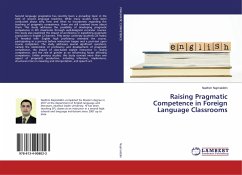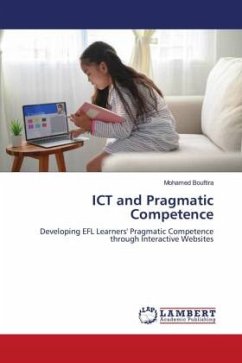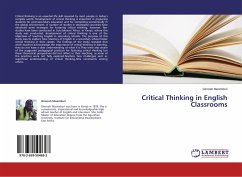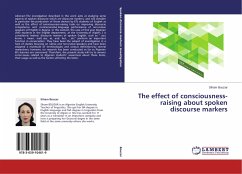Second language pragmatics has recently been a prevailing topic in the field of second language teaching. While many studies have been conducted about why, how and what to incorporate regarding the teaching of pragmatic competence, there are still unsolved issues about them. This study addresses the possibility of developing pragmatic competence in EFL classrooms through well-designed curricular courses. The study also examined the impact of proficiency in expediting pragmatic production in English L2 learners. Fifty senior university students (25 males; 25 females) with English high proficiency attended the course, participating in a pre-test before instruction began and a post-test upon course completion. The study addresses several significant questions, namely the relationship of proficiency and development of pragmatic competence, the impact of class-based explicit instruction in raising competence, and the role of gender as an influencing factor affecting competence. Unlikeprevious studies, this study covered more than one aspect of pragmatic production, including inference, implicatures, structural errors in meaning and interpretation, and speech act.
Hinweis: Dieser Artikel kann nur an eine deutsche Lieferadresse ausgeliefert werden.
Hinweis: Dieser Artikel kann nur an eine deutsche Lieferadresse ausgeliefert werden.








